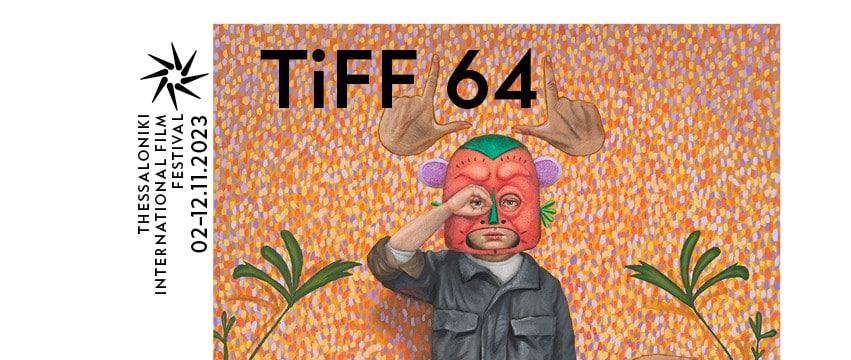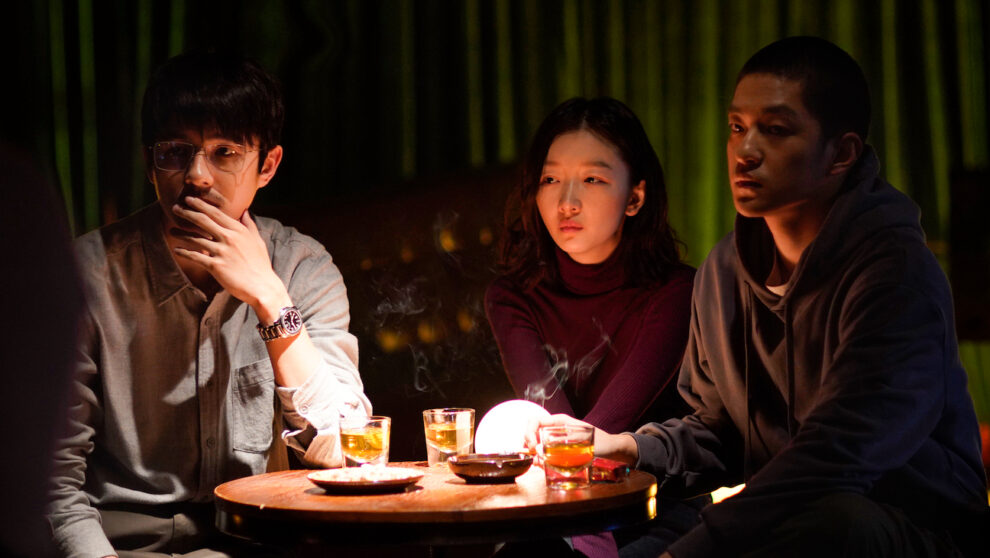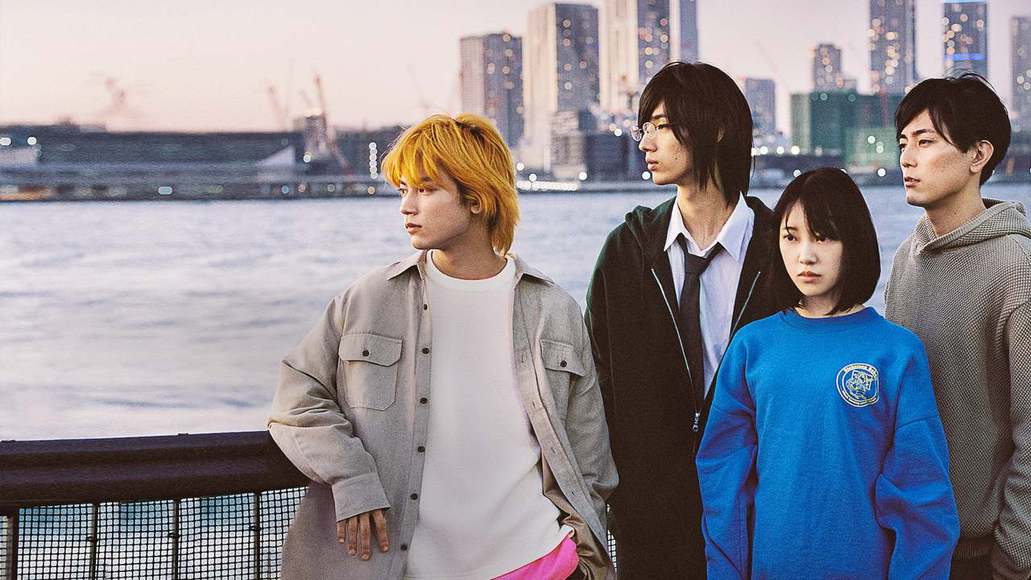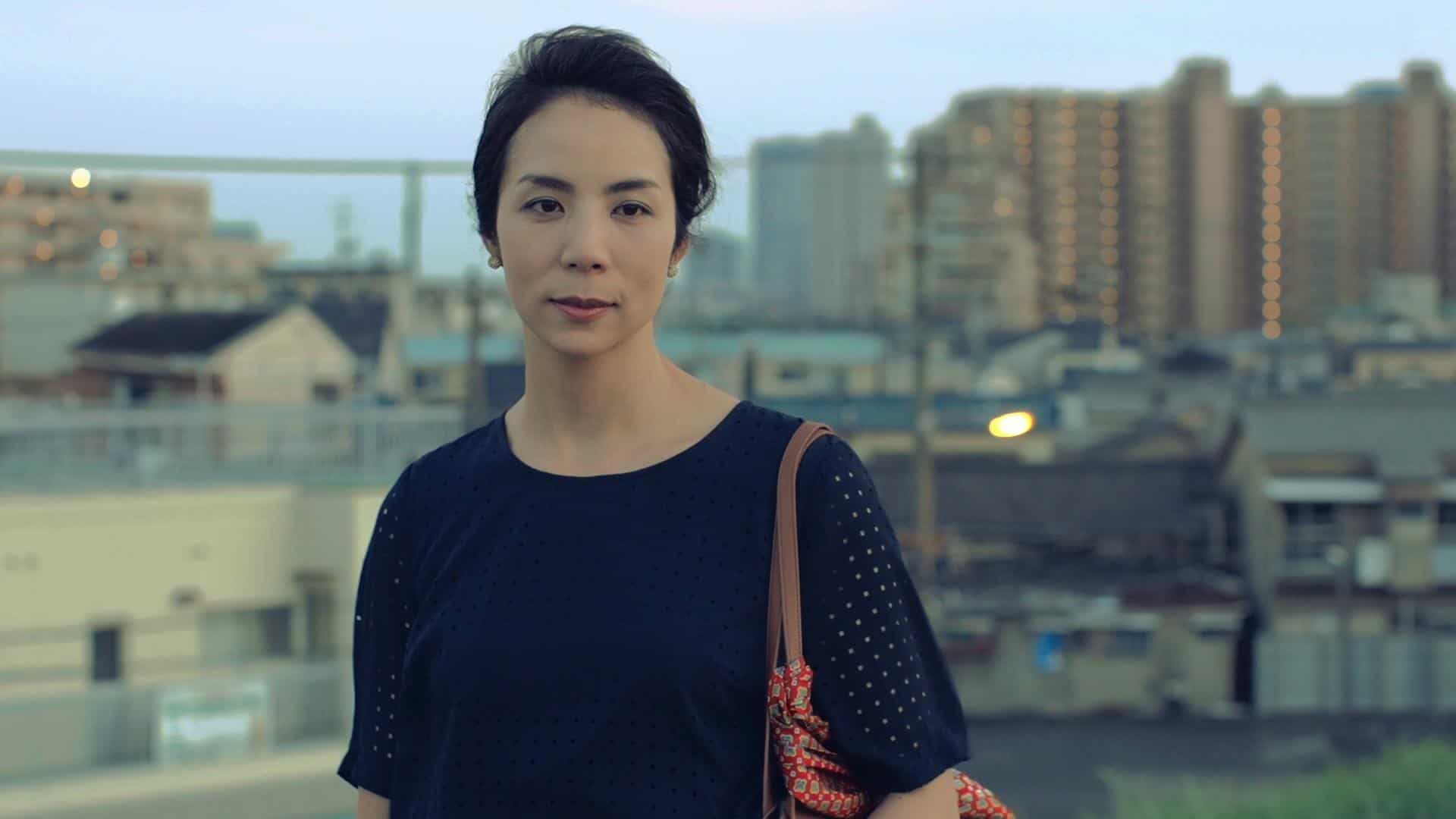The second of the two movies Anthony Chen directed in 2023, “The Breaking Ice” has very little to do with the aesthetics of the ‘French' “Drift”, although elements of European cinema can also be found here. Also of note is the presence of Zhou Dongyu, probably the biggest star ever to appear in the director's filmography, while the film is the Singaporean entry for the Best International Feature Film at the 96th Academy Awards.
“The Breaking Ice“ is screening at Thessaloniki International Film Festival

The story takes place in the frozen Yanji, a small Chinese town close to the North Korean border, where a large Korean community is also inhabiting. Nana, alienated from her family and scarred mentally and physically from an accident in the past, is currently working as a bus-tour guide, seemingly cheerful around her customers. One of the regular stops of her tour is at a local restaurant run by Xiao's family, a local with his own past with whom she has a kind of probably unfulfilled romantic relationship.
During one of her trips, she meets Haofeng, a loner who seems to suffer from psychological issues (where ice cube eating is just the tip of the iceberg – pun intended). When he loses his phone, and in an effort from keeping him to report the incident to her boss, and because she likes his looks, she invites him on a night out in the area with Xiao, and the three soon become an inseparable trio, even after the latter realizes that the other two are sleeping together. The three of them start roaming around the area, seemingly to show it to the newcomer, but actually in a desperate effort to find some sort of companionship to their loneliness.
As such, Anthony Chen's effort actually revolves around this concept of loneliness, and how a way out can be given to people who experience it intently, by interacting with others in similar situations. Under the same prism, it is also very interesting how he highlights the fact of their loneliness and isolation, both through individual scenes, and through their lack of meaningful interactions. The scene with the marriage Haofeng attends, and the fact that the only one who calls him seems to be a mental support center, that Xiao only has a little kid as a friend, and that Nana pretends to be cheerful to her customers but goes to the bottle every time she gets some isolation all highlight the aforementioned in the most eloquent but also entertaining fashion.
The way the three find each other and the way a triangle that is stripped from any kind of jealousy, though, is formed is also excellent in its presentation, with Chen focusing on the way each one affects the others in the most positive way, particularly as they manage to open up intensely as time passes. Especially the way Haofeng manages to actually ask for help, and the way the other two react to it is a wonder to watch, with the filmmaker essentially making an optimistic comment that is cemented in the realistic, but also rather hopeful finale.
At the same time, the movie functions as a tour guide of the area, with Chen not just lingering in the impressive snowed setting in and outside of the town, but also presenting the night clubs, bars and other entertainment establishments, thus avoiding shooting another Chinese film that only focuses on the miserable life of the poor. Yu Jing-Pin's excellent cinematography highlights all the aforementioned with a meaningful realism that finds its apogee in the impressive long shots. At the same time, and in combination with the way Chen approaches his context, the cinematography is one of the main mediums that leads into Nouvelle Vague paths, with the scene in the bookstore being the most prominent sample, and the most impressive, in audiovisual terms, of the whole film, not to mention the funniest. The also excellent use of music completes the technical aspect, in a way that actually emits a warmth throughout the movie (at least in the scenes where the protagonists are together) that creates a very appealing antithesis with the snow and the cold that dominate the exterior shots.
The same warmth is actually emitted by the three performances, all of which are as realistic and measured as possible, with the biggest trait here, however, being the chemistry Zhou Dongyu as Nana, Liu Haoran as Haofeng and Qu Chuxiao as Xiao exhibit. The moment the first's scar is revealed, the one where Xiao realizes what is happening with the other two, and the one where Haofeng asks for help are the zeniths of three overall great performances, which are, additionally, in perfect resonance with the overall aesthetics here.
Some moments where Anthony Chen breaks the cinematic and contextual rhythm, as the one with the bear and its story, do exist, but as a whole, “The Breaking Ice” emerges as an excellent art-house movie that manages to stay entertaining, meaningful and artful, from beginning to end.















